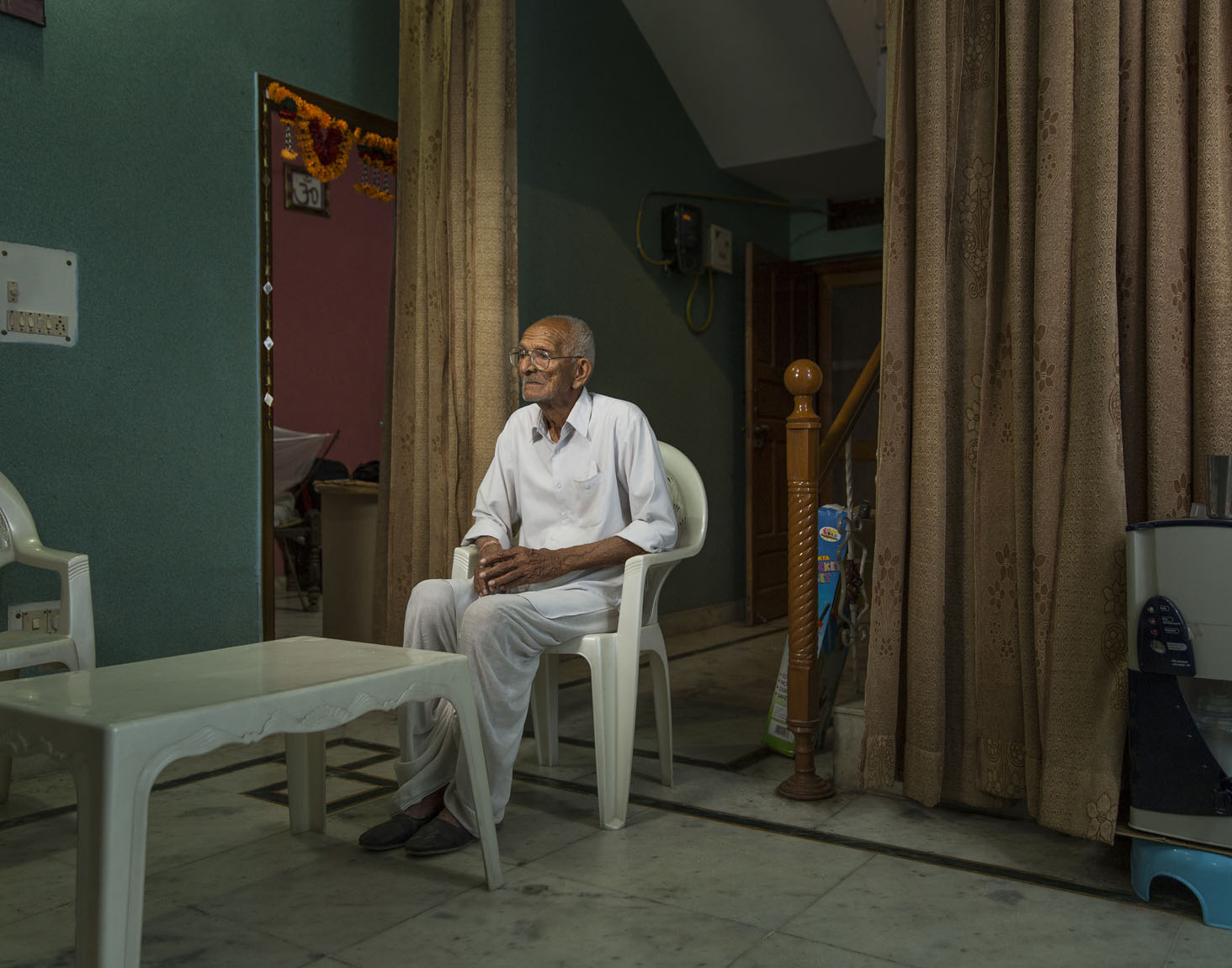My name is Kila Singh and I was born on January 1st, 1920 in Samashpur Khalsa, Delhi. I went to school for about five years until my Father passed away when I was 10. It was a devastating loss for our family. I had to leave school and take care of my mother and two younger siblings as the oldest son. They were only toddlers and I needed to start taking part in the family farming business.
In 1939 I decided to join the Indian Army. Partially out of necessity, partially out of desire to help the county. I started basic training in Allahabad, India. There, I learned how to operate vehicles and various weaponry. I impressed my British superiors so much that I was selected to train other soldiers. They saw that I was a great trainee, and I had natural leadership abilities that would help me train others.
After nine months in Allahabad, I was sent to Jhelum, which is now part of Pakistan. In Jhelum, I was a training instructor. I conditioned the soldiers, taught them how to use their weapons, and how to drive. It was pretty amusing for me - just a few month earlier I was just a kid working on my family farm, then I was a rookie just signing up for the Army and here I was training other soldiers and telling them how to handle their rifles. Each training session was about three months, and then a new regiment of Indian soldiers would arrive.
After four months, we were transferred to Chhindwara, a heavily wooded area that emulated the forests of the areas we were planning to fight in. I was taught how to combat the enemy in the forest, as well as how to hide and gain a good vantage point. In turn, I trained the rest of the infantry from what I had learned.
After two years in Chhindwara, I felt I it was time for me as well be sent to the war. I had a strong desire to fight for my country. I asked my superior when I would be deployed. He told me in so many words that he wanted me to stay as an instructor, and that I was to never question him again. I felt that my acumen as a trainer was the primary reason they kept me on the base.
In 1946, after years as a training instructor, I was deployed to Razmak, in the North-West frontier. Here, we were having significant problems with Pashtun soldiers. I had been such a good instructor, I felt now it was time to actually act on what I was teaching.
Unfortunately, nothing much occurred there. We were in the midst of building roads that connected us with the Waziristan regiment, to maintain one district. We were rarely in combat. The roads were always closed, and only opened for official military business.
We were ordered to stay within the confines of our containment camps because the Pashtun soldiers were so dangerous they would kill us on sight. Kids as young as 12 were armed with rifles there.
Once, my platoon was traveling from Razmak to Bannu and took a break in the middle of the road. One of my fellow soldiers took out his lunch from his backpack, and as soon as he opened his mouth to take a bite, he was shot in the mouth. There was a Pashtun sniper hiding 500 feet away in a cave. We were then ordered to take our positions, and attempted to chase him down. Unfortunately, we weren't able to catch him.
Soon after that, I was sent to Peshawar, which is now part of Pakistan. We stayed there for two months until we were sent back to Jhelum. Finally in Jhelum, our British superiors dismissed us. I feel like the British government was not able or didn't have enough resources to continue controlling so many territories so they decided to give independence to India and Pakistan. All Indian soldiers wanted one unitary state with Pakistan as a part of India but the British decided to split our country into two separate states. Many of us soldiers wanted to continue in the Army and asked why we were being dismissed. We were informed the war was over, and they simply didn't need us. It was frustrating, because many of us didn't feel like our war was over with Pakistan getting separated from India and also we didn't have much to go home to. The agricultural business was relatively stagnant, and we could make more as soldiers. But it was over.
I retired and was sent back home in December 1946 and in August next year the Britons left. I only had six hectares on my family farm, which wasn't enough for a profitable business. Somehow, I managed to carry on with what I had and live a prosperous life. I got married, and had four sons and two daughters.
These days, I haven't been working as much. I enjoy my time with family, and live peacefully. I'm glad to say I was a part of gaining that peace.
